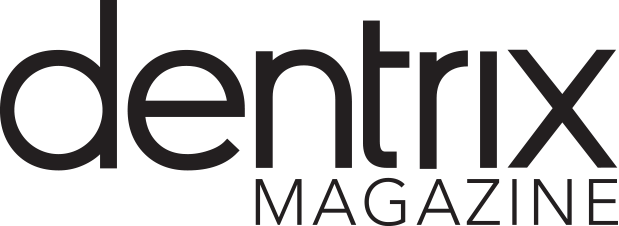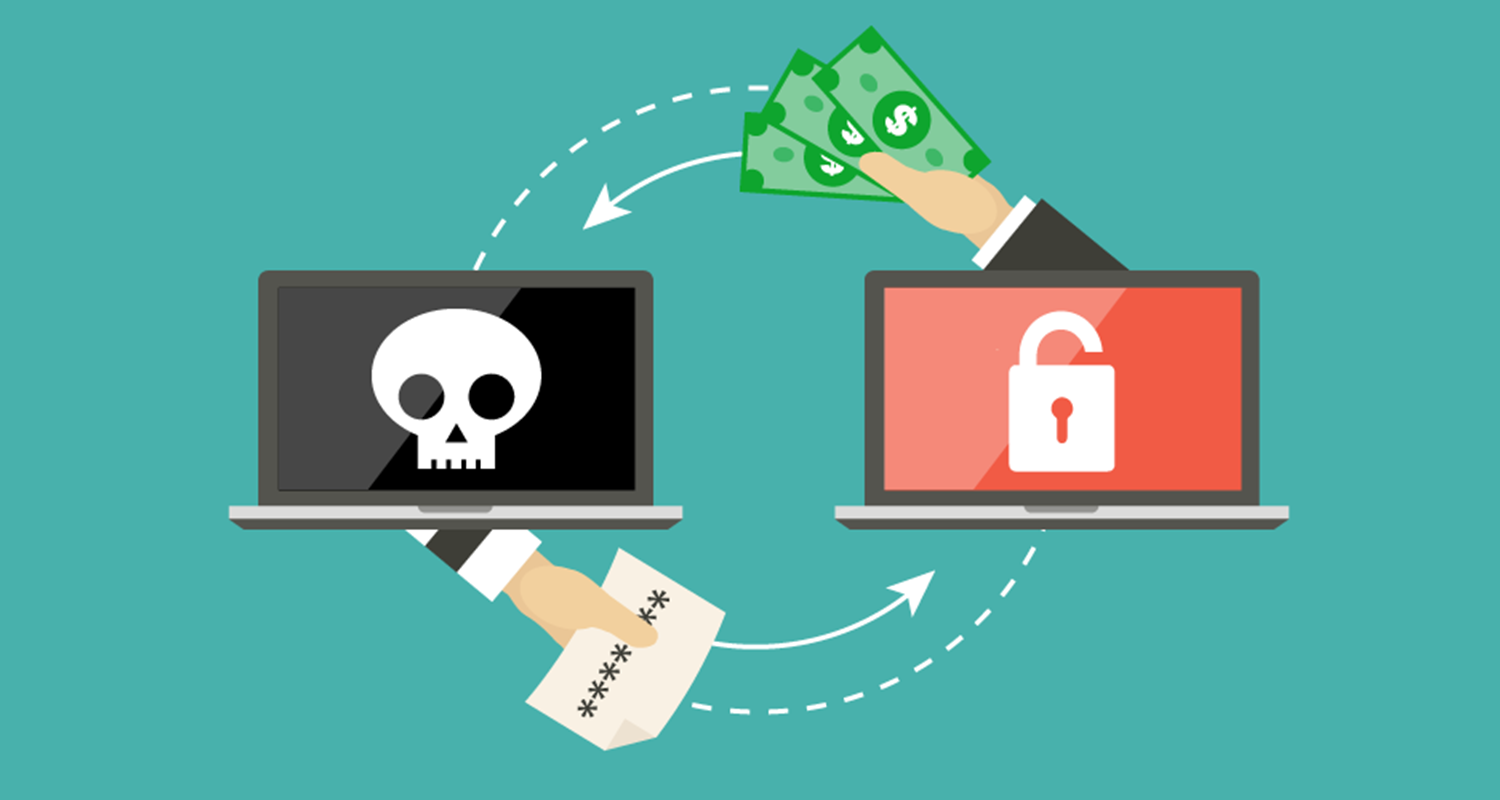Make sure you have the necessary security to protect against increasingly sophisticated attacks.
The recent ransomware attack on Colonial Pipeline Co. seems to have heightened awareness of cybersecurity in America. The result of this attack — rising gas prices and panic gas buying — captured the nation’s attention, arguably in a way that such attacks hadn’t before, because of the very tangible implications on consumer behavior. At the same time, this event was probably not a surprise for many businesses, including dental practices, that have already fallen prey to ransomware attacks.
Some may be surprised that Colonial Pipeline complied with the $4.4 million ransom demand because, as reported, officials didn’t know the extent of the intrusion or how long it would take to restore operations. Over the past 5 years, new ransomware variants have emerged that use powerful encryption and delete or encrypt backup files to ensure data cannot be easily recovered. Keep in mind that the company had the power of the FBI and U.S. Justice Department behind them, and they still reached this point of desperation. Now imagine how a ransomware attack can devastate a small business without the world’s finest resources. Without proper protections and recourse, such as a comprehensive data backup, dental practices that fall victim to a ransomware attack could very well be put out of business.
Still, it might be challenging for businesses like dental practices to get a grasp on the urgency of ransomware threats because it’s difficult to calculate the true costs of ransomware attacks, as reported by HIPAA Journal. At least 91 U.S. healthcare organizations suffered ransomware attacks in 2020, up from 50 the previous year. In 2017, downtime was estimated to cost more than $8,600 per minute and researchers determined ransomware attacks cost at least $20.8 billion in 2020, which is more than double the estimated cost of attacks in 2019.
Dental practices need to make sure their network has the necessary layers of security to protect against increasingly sophisticated attacks. Through my experiences at TechCentral by Henry Schein One, I’ve found that too many dental practices are aware of the threat ransomware poses, but they have lingering misconceptions about what they need in order to adequately secure their IT networks. In this article, I will dispel those misconceptions and provide more clarity about the key components of a layered defense against ransomware.
Antivirus and Firewall: Why You Need Both
Think of a firewall as a perimeter fence around your house. It exists to help check harmful packages from arriving at your front door. Its primary focus is not malware or virus prevention; rather it’s preventing nefarious attackers from gaining access in the first place. At TechCentral, we’ve had customers come to us and say, “I don’t need a firewall, all I need is antivirus software.” Some of these customers don’t have an in-practice server and are backing up to the cloud. We explain to them that if they have a network, they need a secure perimeter around it — they need a firewall.
If the firewall checks the packets, or blocks of data, at the gate, the antivirus is actually checking the content of the packets. The antivirus will open and scan the individual files for threats by pulling data from a library containing all known exploits for a piece of malware. There are a few points about antivirus updates that need to be stressed:
- Your antivirus is only as good as the update in its library. If the antivirus software is 3 years old, and you’re not subscribed for updates, your network has a security problem.
- Remember, your network is only as strong as its weakest link, meaning that antivirus must be installed on every workstation.
- Sometimes antivirus isn’t compatible with some software products, which can leave your network vulnerable.
This is why it’s so important to keep your antivirus license renewed. It’s also why, given the caveats, some dental practices choose to have their antivirus software updated as a managed service.
Of course, TechCentral has customers who prefer not to have the monthly recurring cost of a managed service, so they’ll instead buy a 3-year license from us that includes updates. As the end of the license approaches, TechCentral will actively reach out to notify the customer that it’s time to renew, so there are no gaps in coverage. Other customers subscribe to endpoint protection through Omnicore, TechCentral’s network-in-a-box solution that comes complete with a virtualized server, network-attached storage (NAS), a business-grade wireless access point and firewall, and hybrid data backup, all contained in a sleek, mobile, low-profile rack that can easily be rolled into an office.
With Omnicore, TechCentral provides, monitors, and maintains your network for a low, regular monthly cost that’s easy to budget in. At no additional cost, the latest release of Omnicore includes employee secure remote access and workstation (endpoint) protection for all workstations installed at the practice. Your software and antivirus protections are updated, helping to decrease your potential exposure to security threats. Bottom line, Omnicore is an appealing offering for practices that want to stop spending time and stress trying to purchase, install, and secure their IT network.
Dental Practices Can Do More to Prevent Ransomware Attacks
On June 2, the Biden Administration issued an open letter to business leaders asking them to treat ransomware attacks with a sense of great urgency. The letter included 5 best practices, which the California Dental Association summarized as follows:
- Back up data, system images, and configurations; regularly test them; and keep the backups offline.
- Update and patch systems promptly, which includes maintaining the security of operating systems, applications, and firmware in a timely manner.
- Test the business’s incident response plan by addressing questions about the ability to sustain business operations without certain systems and for how long.
- Use a third-party tester to test the security of the business’s systems and the business’s ability to defend itself against a sophisticated attack.
- Segment the business’s networks by separating business functions (mainly applies to manufacturing businesses).
Based on my experience working with dental practices, I would add a few additional recommendations:
- Get ransomware and crypto insurance. It’s not a matter of if an attack will occur; it’s a matter of when. Be sure to protect your business and its assets.
- Train your staff to call and verify before they click. If you’re unsure of an email with an attachment, call and verify with the sender before opening.
- Change your passwords on a regular basis. Make them complex and use multi-factor authentication for an added layer of security.
We’re also keeping our eye on an emerging technology that has the potential to offer a better layer of protection than antivirus, called endpoint detection and response (EDR). Whereas the antivirus will report malware and isolate it, EDR has shown the ability to automatically respond to identified threats to remove and contain them, while also notifying IT managers.
TechCentral will continue to monitor these developments so we can bring the highest-caliber solutions to our dental practice customers. We have your back with high-level IT services so you can continue focusing on what you do best — providing excellent patient care.
Learn More
Find out which areas of your network need secure reinforcements. Contact TechCentral today for a free on-site technology assessment.
By David Broom
David Broom is Senior Director of Product and Business Development at TechCentral by Henry Schein One. David has a Master’s degree in Information Technology (IT) from the University of Texas in Dallas and has more than 35 years of experience from many global companies, such as Hitachi Vantara, Methode Electronics, and Keane, Inc. In his current role, he is responsible for all aspects of the product management and field service teams at TechCentral, which identify the ideal advanced technologies to meet the unique needs of the dental market and ensure that dental offices are using the right IT to be more efficient and effective.
This article is paid for by TechCentral, a division of Henry Schein One, LLC. Certain components of the products or services described above are provided by third parties. Henry Schein One LLC and its affiliates are not responsible for, and expressly disclaim, all liability for damages of any kind arising out of the use of those third-party products or services.





